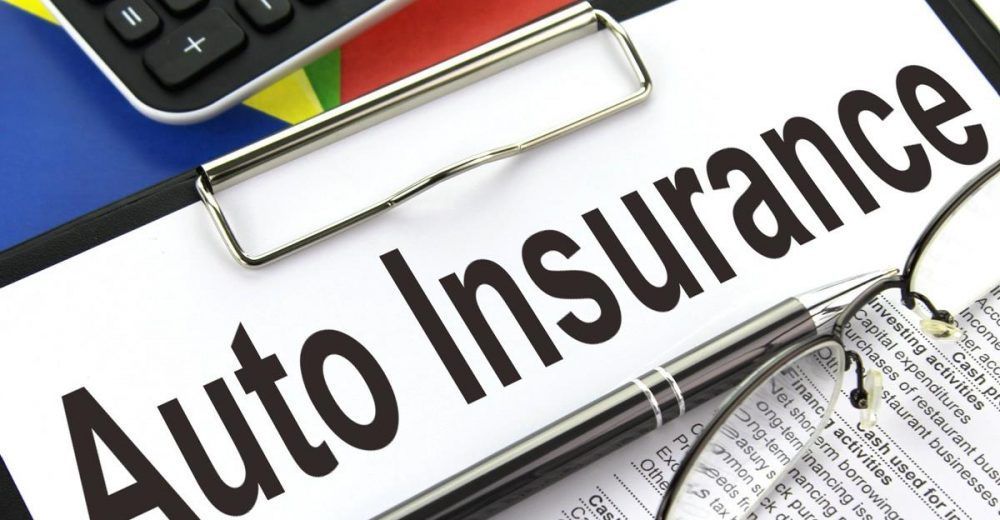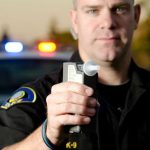The Ultimate Guide to Understanding SR-22 Texas DUI Requirements
It’s no wonder why so many people are confused and overwhelmed when it comes to SR-22 Texas DUI requirements. If you’ve ever been slapped with a DUI, you know that the cost of fines and penalties can add up quickly. Additionally, you may be required to get an SR-22 insurance form. An SR-22 is a certification that your insurance company needs to provide to the Texas Department of Motor Vehicles (TxDMV) that states you have the required minimum car insurance. Without the SR-22, you could be facing further fines and suspension of your driver’s license or vehicle registration. Fortunately, our ultimate guide to understanding SR-22 Texas DUI requirements can help you navigate this tricky situation.
Firstly, an SR-22 isn’t insurance, it’s a document that the insurance company mandates to the Texas DMV. You must have insurance that meets the state of Texas’s minimum liability requirements in order to legally operate a motor vehicle. A SR-22 includes the policyholder’s name; the name of the insurance company; the policy’s effective and expiration dates; and the policy number. It’s essentially proof of insurance coverage and a promise by the insurance company to the Texas DMV that you will maintain coverage at a certain minimum level for a certain amount of time.
Secondly, if you’re found to be driving without insurance or driving with a suspended license, you may need to submit an SR-22. The period of time for which you’re required to carry an SR-22 varies depending on the situation, and usually ranges from one to three years. Additionally, there are restrictions on where you can purchase an SR-22 policy; Texas law requires that car insurance must be purchased from a company that is either licensed in Texas or is admitted to do business in Texas. And if you fail to maintain your insurance coverage during the period covered by the SR-22, your Texas driver’s license will be suspended.
Thirdly, the cost of an SR-22 policy is an additional expense on top of what you pay for regular car insurance. The cost depends on the insurance provider and the amount of coverage; however, the amount of the SR-22 fee imposed by the state of Texas is a standard $25 for all providers.
Fourthly, if you’ve been required to obtain an SR-22, you must also take steps to make sure you maintain your coverage. You may need to make sure that you get the SR-22 form from your insurance provider, as it is the only legal proof of insurance. Additionally, if you’re moving to a different state during the time period your SR-22 must be in effect, you’ll need to request an out-of-state SR-22 form. And don’t forget to monitor your policy expiration date and pay the premium on a timely basis to avoid cancellation of your coverage.
Fifthly, a DUI is a serious offense and it’s important to understand the ramifications of having SR-22 Texas DUI requirements. If you’re found to be driving without insurance or driving with a suspended license, you may face harsh fines, license and vehicle registration suspension, and even time in jail. The best way to avoid these consequences is to make sure you understand and meet the SR-22 requirements so that you can be a safe and responsible driver.
In summary, obtaining and understanding SR-22 Texas DUI requirements can be tricky, but with our ultimate guide, you can be prepared and avoid any unpleasant consequences. Now that you have a better understanding of SR-22 Texas DUI requirements, let’s look at some ways to make sure you steer clear of DUI trouble.
Sixthly, If you know that you’ll be drinking, it’s important to plan ahead and have a designated driver or an alternative way to get home. You may also be able to call a cab, use a ride-sharing service, or arrange for a friend to pick you up. Additionally, be aware of any local restrictions on open containers in your car and make sure you have a valid driver’s license. Finally, it’s always a good idea to review your state’s DUI laws before operating a motor vehicle.
Seventhly, even if you’re not drinking, it’s important to pay attention to the signs of an impaired driver on the road. If you see another driver weaving, driving recklessly, or speeding, you should call the police or pull over and wait for them to arrive. Additionally, if you spot a car parked on the side of the road, stay away and call 911. You may be able to help prevent a serious accident by alerting the authorities.




